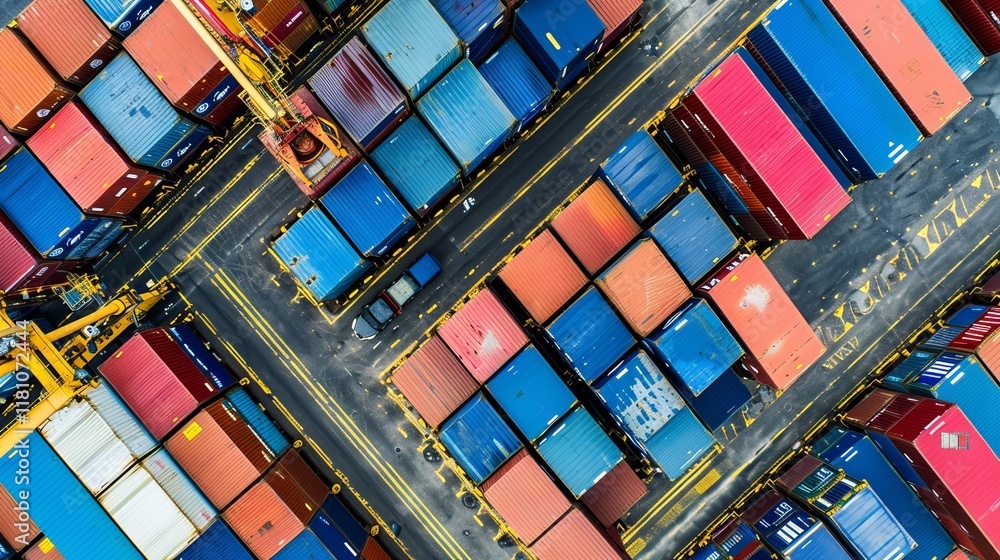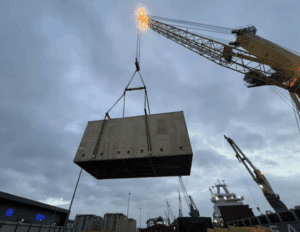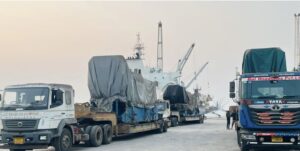Global logistics and transport operations face unprecedented changes as the US-China trade war intensifies with a 10% tariff increase on Chinese imports. This major shift in global logistics is transforming heavy equipment and transport sectors, fundamentally changing equipment procurement, shipping routes, and operational costs.
The new 10% import charge affects all Chinese goods entering the US market, creating a cascade effect throughout the supply chain. For transport equipment and machinery, this means increased costs for components, spare parts, and finished products. A $5,000 piece of equipment, for instance, now faces an additional $500 in tariff charges, directly impacting procurement decisions and maintenance costs.

“The global trade landscape has become increasingly complex since the COVID-19 pandemic,” explains Jackson Wood, Director of Industry Strategy at Descartes’ Global Trade Intelligence division. “Transport and logistics companies have faced multiple challenges, from product shortages to congested shipping lanes, pushing our industry to adapt continuously.”
In response, industry leaders are implementing various strategies to maintain operational efficiency. These include diversifying equipment suppliers across different regions, exploring alternative shipping routes and transport methods, utilizing Foreign Trade Zones for cost optimization, and developing more flexible logistics networks.
With additional tariffs expected to affect EU, Canadian, and Mexican trade, transport companies are taking proactive measures. Many are investing in local maintenance and repair facilities, building redundancy into equipment supply chains, developing regional transport networks, and implementing advanced logistics management systems.
For transport and logistics operators, the key to success lies in building resilient operations that can adapt to changing trade conditions. Companies that prioritize flexibility in their equipment procurement and logistics strategies will be better positioned to navigate these challenging market dynamics.






